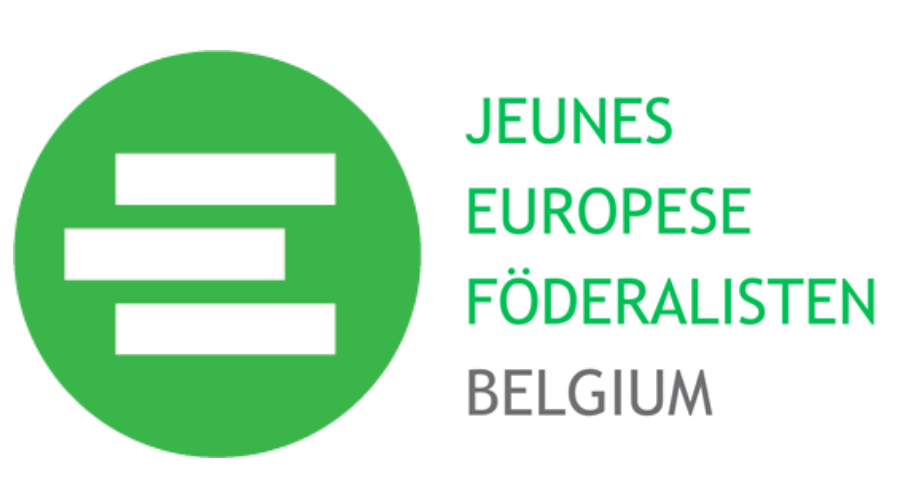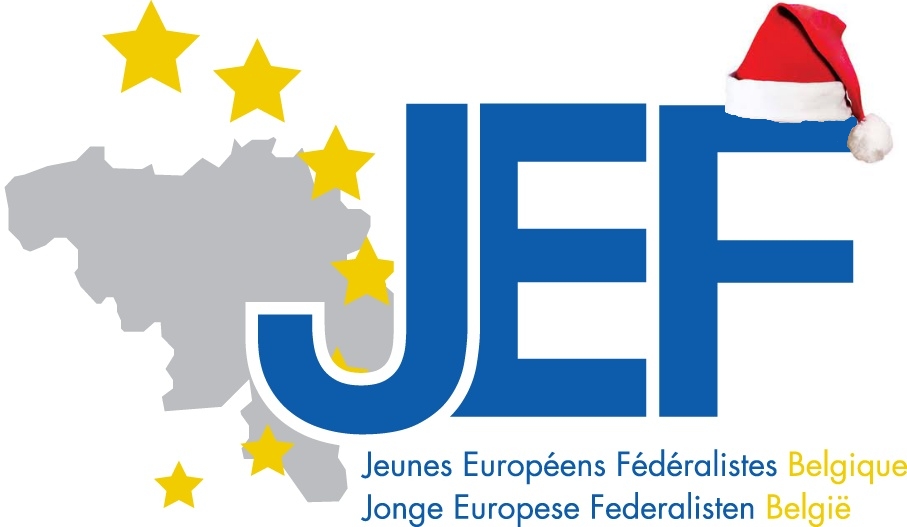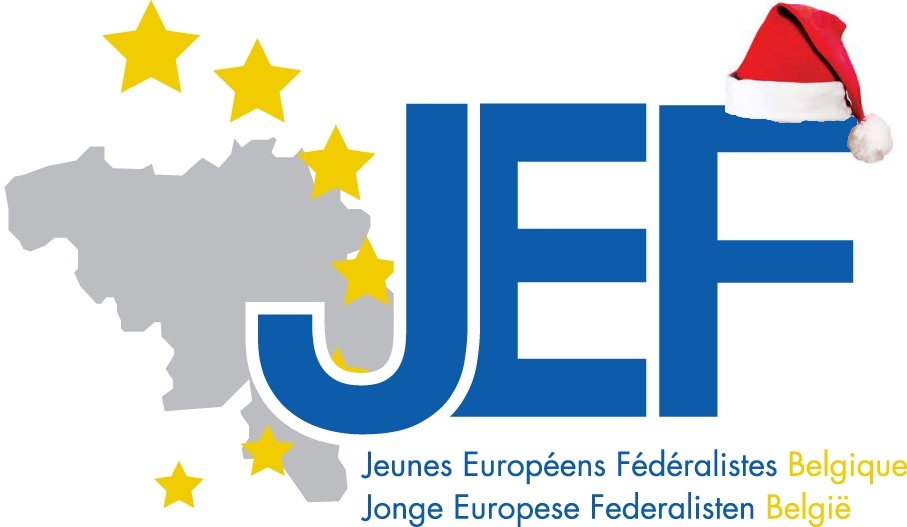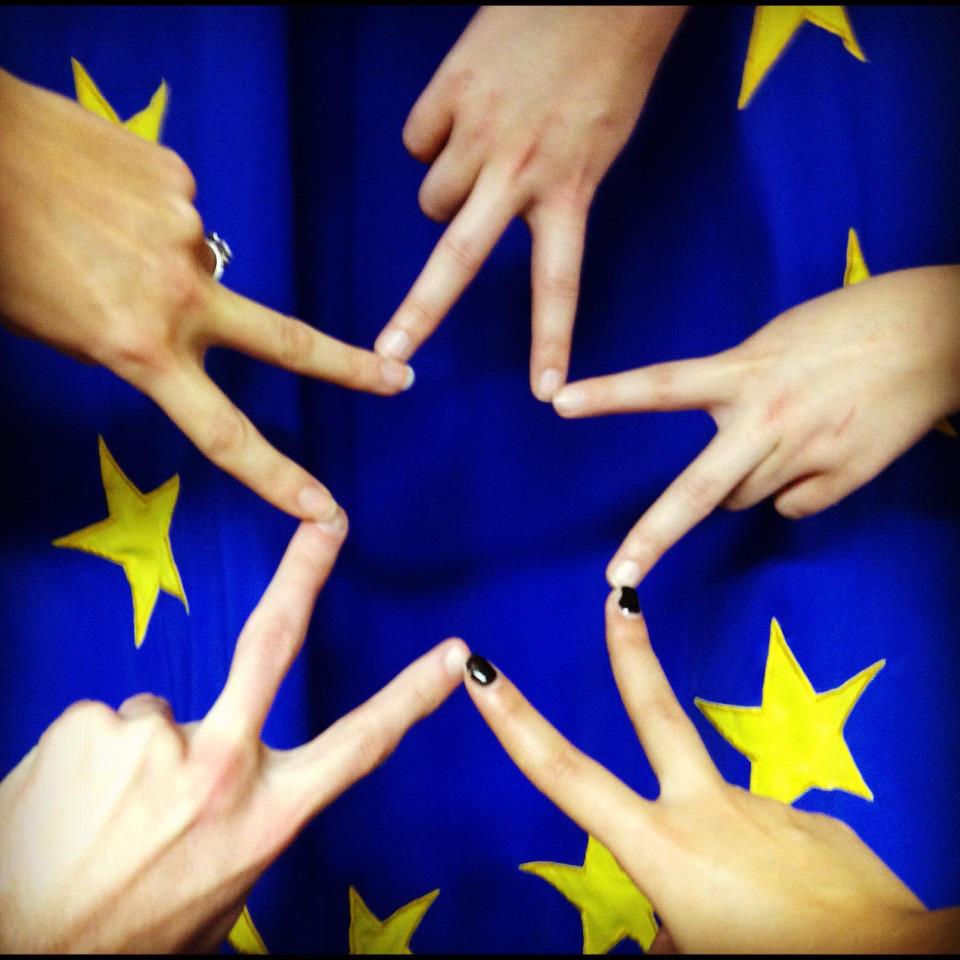JEF Belgium Christmas Party
Hello JEF’er!
JEF Belgium organises a christmas party in Leuven on Saturday the 15th of December starting from 18h30 @ the Pangaea (AndreasVesaliusstraat 34).
You only need to register HERE and to buy a present of around 5 euros for the person that will be mentioned in a mail you will receive later on. You don’t have to pay a participation fee, but we’ll ask a small financial contribution for each drink.
By the way, we will also give you the chance to renew your JEF membership (if you did not renew it yet) and will give you a free, but even more important, delicious drink in return!
See you soon!
JEF Belgium
Read more


